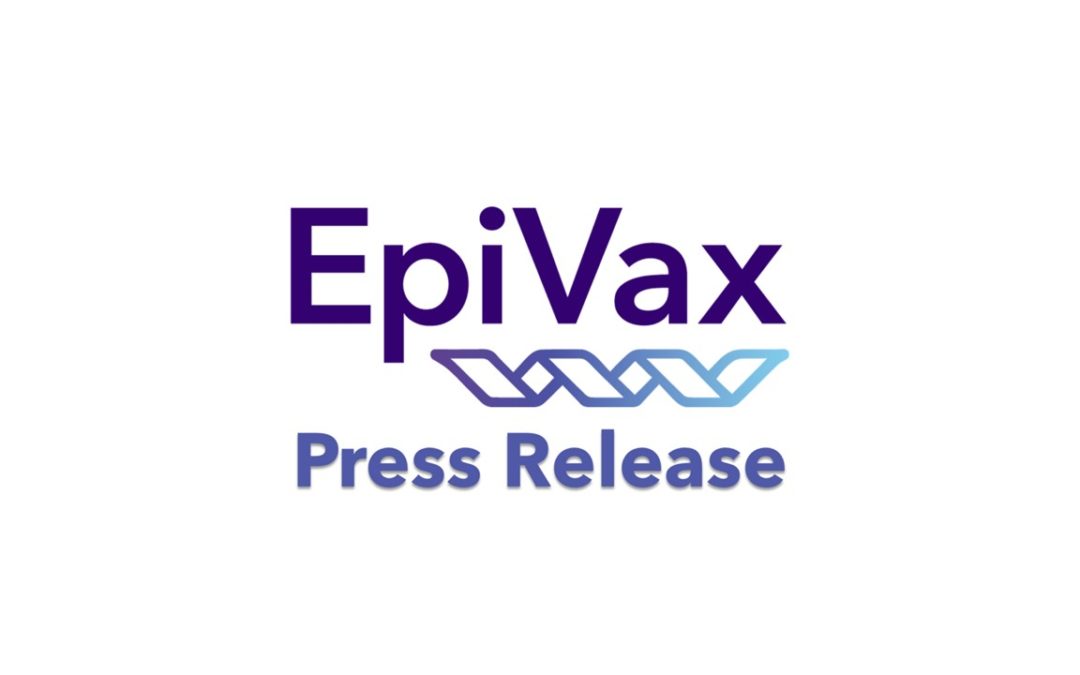PROVIDENCE, RI, November 2021 /PRNewswire/ — EpiVax, Inc. (“EpiVax”) announces the publication of three papers focusing on malaria vaccine efficacy, part of a collaboration with Leidos, the University of Georgia Center for Vaccines and Immunology, the University of Oxford’s Jenner Institute, and Sanofi Pasteur’s VaxDesign Campus. The work was supported by the Office of Infectious Diseases, Bureau for Global Health, U.S. Agency for International Development (https://www.usaid.gov), under the terms of the Malaria Vaccine Development Program (MVDP) Contract AID-OAA-C-15-00071, for which Leidos, Inc. was the prime contractor.
“Identification, Selection and Immune Assessment of Liver Stage CD8 T Cell Epitopes From Plasmodium falciparum“ in Frontiers in Immunology. May 2021.
This study validated novel antigens and identified novel functional HLA Class I T cell epitopes in liver and blood stages of malaria. These new epitopes have potential for inclusion in future, more effective, vaccine designs.
“Bridging Computational Vaccinology and Vaccine Development Through Systematic Identification, Characterization, and Downselection of Conserved and Variable Circumsporozoite Protein CD4 T Cell Epitopes From Diverse Plasmodium falciparum Strains“ in Frontiers in Immunology. June 2021.
Current malaria vaccines have varying effectiveness across Plasmodium falciparum variants. EpiVax developed an in silico model to identify HLA-restricted Class II epitopes in PfCSP (Plasmodium falciparum circumsporozoite protein), the main target of vaccine developers. The team identified novel epitopes and epitope clusters that could be used in future PfCSP vaccine designs to achieve broader effectiveness across malarial strains.
“Identification and Immune Assessment of T Cell Epitopes in Five Plasmodium falciparum Blood Stage Antigens to Facilitate Vaccine Candidate Selection and Optimization“ in Frontiers in Immunology. July 2021.
In this study, EpiVax was tapped by Leidos to conduct in silico T cell epitope prediction, for both HLA Class I and Class II epitopes in malaria vaccine blood stage antigens. The in silico predictions were subsequently used to inform ex vivo assessment by University of Oxford scientists, who confirmed the EpiVax in silico binding predictions.
“EpiVax provided analysis that was essential to the success of these studies, identifying potentially important epitopes in each of the antigens,” said Dr. Kenneth Tucker, principal life scientist at Leidos.
EpiVax leveraged several different in silico tools across this project. iVAX, the flagship vaccine design platform analyzes conserved target protein sequences for binding affinity to Class I or Class II HLA alleles. JanusMatrix is a proprietary algorithm useful for assessing homology or “humanness” of vaccine antigens, a possible sign of an unwanted immunosuppressive response. iTEM allows researchers to focus on individual do
About Leidos
Leidos is a Fortune 500® technology, engineering, and science solutions and services leader working to solve the world’s toughest challenges in the defense, intelligence, civil, and health markets. The company’s 43,000 employees support vital missions for government and commercial customers. Headquartered in Reston, Va., Leidos reported annual revenues of approximately $12.30 billion for the fiscal year ended January 1, 2021. For more information, visit www.Leidos.com.
About EpiVax:
EpiVax is a biotechnology company with expertise in T cell epitope prediction, immune modulation, and rapid vaccine design. EpiVax’s immunogenicity screening toolkits for therapeutics and vaccines, ISPRI and iVAX, are employed in advancing the research of a global roster of companies.
About the United States Agency for International Development (USAID) Malaria Vaccine Development Program (MVDP):
USAID’s mission is to partner to end extreme poverty and promote resilient, democratic societies while advancing our security and prosperity. The MVDP is housed in the Malaria Division of the Office of Infectious Diseases of USAID’s Bureau for Global Health. Initiated in 1965 in response to the end of the first malaria eradication era, the MVDP has worked with a variety of partners to contribute early research on the circumsporozoite protein, as well as more recent efforts to advance blood-stage and liver-stage vaccine approaches. Its mission is to develop and introduce malaria vaccines to protect vulnerable populations in the developing world. For further information, please visit www.usaid.gov. The opinions expressed in the publications are those of the authors and do not necessarily reflect the views of the U.S. Agency for International Development.
For more information about EpiVax, visit www.epivax.com.
Press Contact:
Katie Porter, Business Development Manager
EpiVax
Source: EpiVax, Inc.

